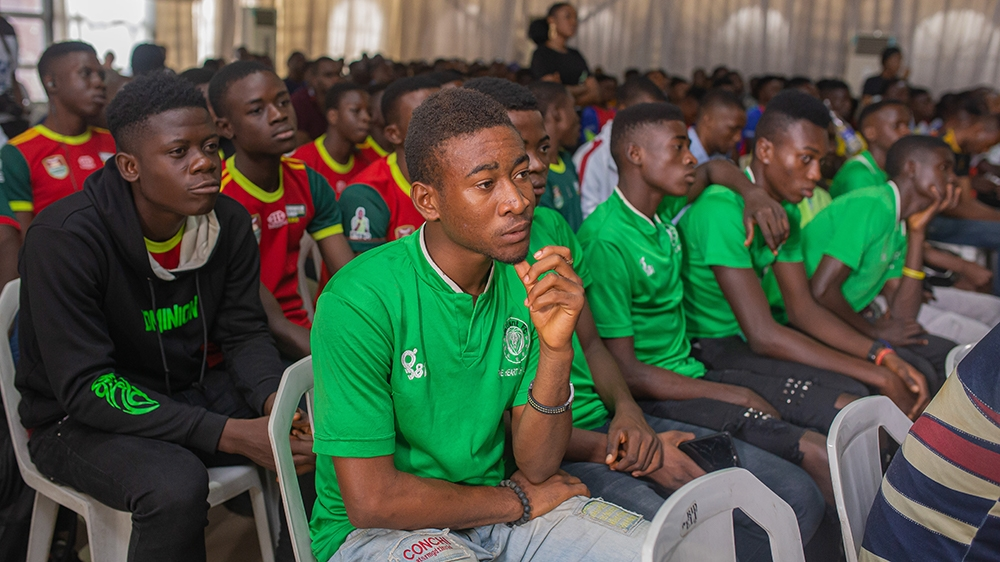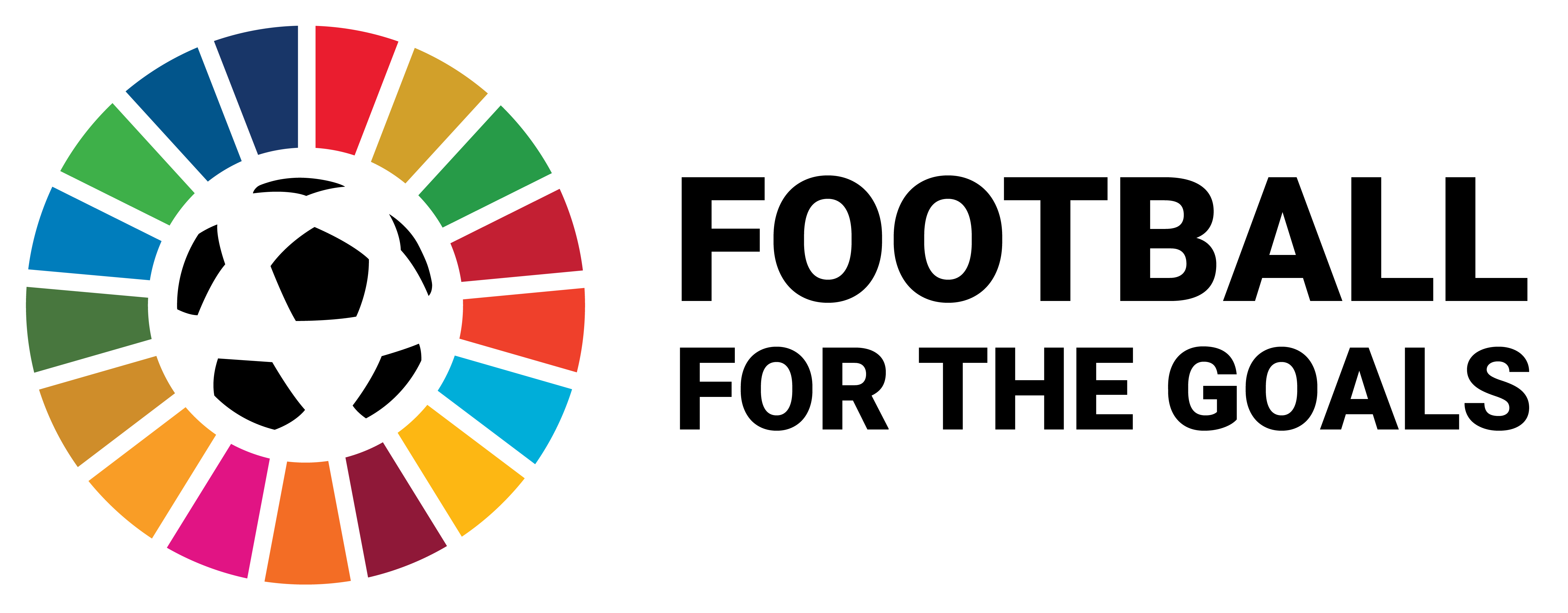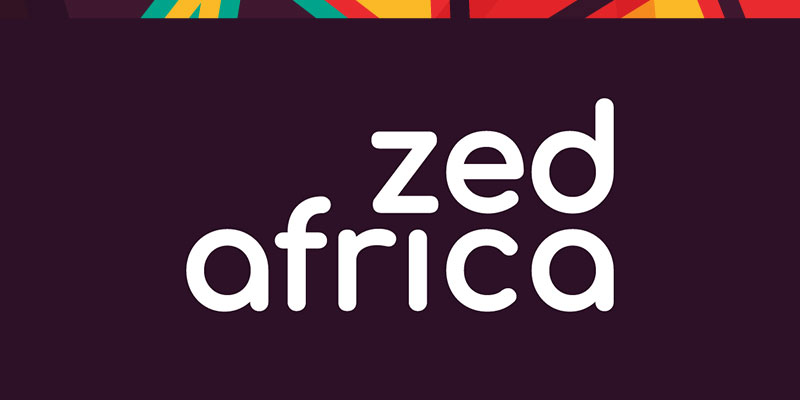
Education is crucial for the development of football in Africa. When he was conceptualising The Africa Football Business Show, Brian Wesaala sought to create a platform to educate current and future leaders in the African football industry on the sector’s needs and strategies to address the same.
In the show’s premiere episode, Brian Wesaala, CEO of the Football Foundation for Africa (FFA), spoke to Shon Osimbo, a sports journalist. Mr Wesaala is an IT professional who worked for the United Nations but considered himself “the football guy, and specifically the African football guy”.
The Football Foundation for Africa
The idea of setting up FFA came when Wesaala was rethinking his career, and being a footballer himself, he felt like he had a lot to offer the football industry in Africa. And he got to learn the social, cultural and political aspects of football, rather than just a sport. In 2016, after Wesaala had experienced the loss of a friend and a teammate, he organised a tournament called the Obama cup to bring together his former teammates from Strathmore. And this was the nucleus of FFA.
The Football Foundation for Africa was launched in July 2018, and it is now the organiser of the Obama Cup in Nairobi and the FFA cup in Botswana, which share the same concept. Obama Cup 2020 was the fifth edition, while FFA Cup has had two editions. They both run under the theme Tackling Unemployment through Sport. In 2019 Moscow, Russia, FFA was nominated for the Football Heroes Award in the category of Social Responsibility initiatives and won, which was one of the highlights of Wesaala’s journey and career.
Human Capital
Still, FFA has faced challenges like finding the right resources, including human capital, in its early days. It’s challenging to find educated and experienced people in football’s business and development side.
When asked what exactly is ailing African football, Wesaala answered that it all comes down to three factors which are education, infrastructure and governance. In his explanation, he pointed out the low levels of schooling observed among footballers even though the sport has a short life span as a career. He also talked about how football in Africa has not been understood as an industry, neglecting aspects like sports journalism, marketing, and legalism.
Brian also said that football in Africa is overly politicised and that it does not give enough room for strategic analysis to take place. The issue of corruption was also tackled in this episode, and Wesaala said that if the bad governance in African football were solved, we would see fewer corruption cases and that the industry would grow in leaps and bounds. He continued by saying that good governance in African football would be seen through its transparency and financial accountability. One of the solutions that Wesaala offered is to invest in the education of the next generation leaders in the sport right from the grassroots level.
Infrastructure
Africa needs to improve its football infrastructure, requiring education to ensure such facilities are fit-for-purpose. Mr Wesaala said that Africa should construct sustainable infrastructure, noting that the continent did not need mega sporting infrastructure and called them “white elephants” as they are hard to maintain, costly, and limited usage. Africa should instead think of infrastructures at a community level, and they should be safe, smart and sustainable (the triple s). Accessibility to quality facilities is especially vital for sports development as this enable mass participation, which is essential for talent identification and development.
Sustainable Corporate Strategy
At the onset of the pandemic, FFA launched its strategy for three years, which could go up to ten years with the tagline “Transforming our Game”, highlighting the need for Africa to think more critically about the future of football in the continent. 
The FFA’s strategy is based on a subset of the SDGs and covers 1. Empowerment and protection of players and other stakeholders in the industry, 2. Opportunity Creation 3. Climate Change, and 4. Authentic Partnerships.
The launch of the new strategy also saw FFA institute an Advisory Board with people from different sectors for improvement and high-quality performance. The Board consists of seven members and is tasked with leading the organisation and supporting the CEO. Amb Mohamed Shidiye chairs the Board.
FFA’s flagship initiative is the Africa Football for Development Network (AFDN), a platform that brings together grassroots football communities, primarily football academies and clubs. Through AFDN, FFA plan to empower grassroots football communities. The triple S framework and good governance have also been extended to AFDN, as FFA looks to make grassroots football communities safe, smart and sustainable, enhancing eligibility for support and corporate investments.
Conclusion
Wesaala said that FFA plans to achieve its goals by working closely with governments and aligning its work with the government plan. While concluding the interview, Brian Wesaala noted many successful African footballers in Europe and worldwide. Africa has an abundance of talent but more needs to be done to further the business side of the game, which requires investment in education. Platforms like The Africa Football Business Show can contribute to this endeavour.
You can watch the full interview here. Remember to SUBSCRIBE to our YouTube channel, FFA Media.
Grace Uwase is a Strathmore University student in communication, currently working as a Communications Intern at The Football Foundation for Africa.
 Back to Blog
Back to Blog 







